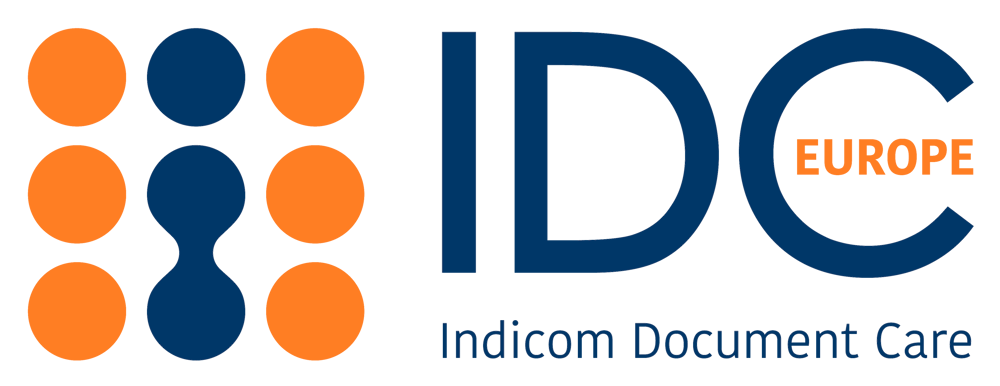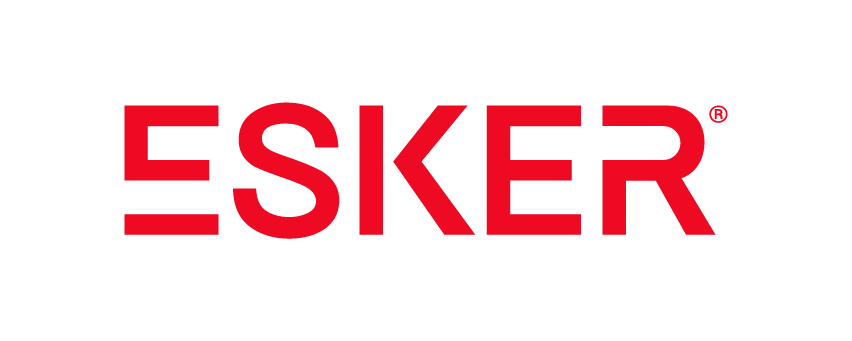Prompted by a formal enquiry (“Kleine Anfrage”) of the leading opposition CDU/CSU parliamentary party in the Bundestag, the Federal Government of Germany officially responded with clarifications about their view on the state of implementation of the upcoming B2B e-Invoicing mandate, which starts its first stage on 1.1.2025. Pointing out that an “E-Mail inbox is enough” for basic compliance, the response also reiterates that other means of communication can be agreed between the parties.
Political visibility of e-Invoicing raised in parliamentary process
The press office of the German Bundestag published the Response in a brief note on their website (German only) on 11.09.2024. Originally, a total of 18 questions were asked as published on 15.8.2024 in Drucksache 20/12563. The response comprises 7 pages of details and clarifications and was published as Drucksache 20/12742, dated 29.08.2024.
Headlining the press notification “E-Rechnung: E-Mail inbox is enough” puts the spotlight on the (technical) requirement to receive e-Invoices starting 1.1.2025. The note immediately adds that of course “other means of transmission may be agreed upon between the parties”. Indeed, technical reception of an e-Invoice, be it XML-based or using a hybrid format, is in fact only the first step. For processing, approving and ultimately paying the invoice, it is clear that neither Email nor a PDF viewer are in fact sufficient tools to practically handle incoming invoices. In that sense, “E-Mail is enough” indeed in a formal sense to process invoices by hand, on a quite technical level, not to mention mitigating the risks associated with this unsafe transmission channel.
Details on implementation, tax reporting and free tools
The Federal Government doesn’t track detailed information on implementation, as compliance is up to economic actors. Still, from the beginning of the legislative process, the Ministry of Finance has actively engaged with representatives from the economy and is currently considering feedback on draft clarifications published in June 2024. A final version is expected this fall.
On question 13, the response emphasizes again that the B2B mandate is an essential prerequisite towards establishing a transaction-based tax reporting system (“Meldesystem”) to combat fraud, increase tax justice while also reducing administrative overhead at all levels of the economy. The design and implementation of the “Meldesystem” is currently active and will be aligned with the European timeline of the “VAT in the Digital Age” (ViDA) directive once approved by the European Council. The current compromise text envisions mandatory EU-wide tax reporting starting 1.7.2030.
The response to question 9 includes the decision of the Ministry of Finance to not publish any free official tools to receive, view, send or archive electronic invoices. The reasoning points to existing and growing availability of such tools on the market, many at low cost and some even for free. It is therefore not deemed appropriate for the public administration to insert themselves into the market and influencing specific sectors in such a strong fashion. Instead, it is assumed that the forces of the free market will lead to appropriate and cost-effective solutions over time.
Other answers repeat the positions already known from the earlier collaborative process without notable changes. In that sense, we are now awaiting publication of the final letter of the BMF (“BMF-Schreiben”) as announced for later this year to see how the feedback has been incorporated.








No comment yet, add your voice below!